- Home›
- Healthy Living›
- 10 Zinc Rich Food You Must Include In Your Diet
10 Zinc Rich Food You Must Include In Your Diet
By: Priyanka Maheshwari Thu, 15 Feb 2024 12:01:51
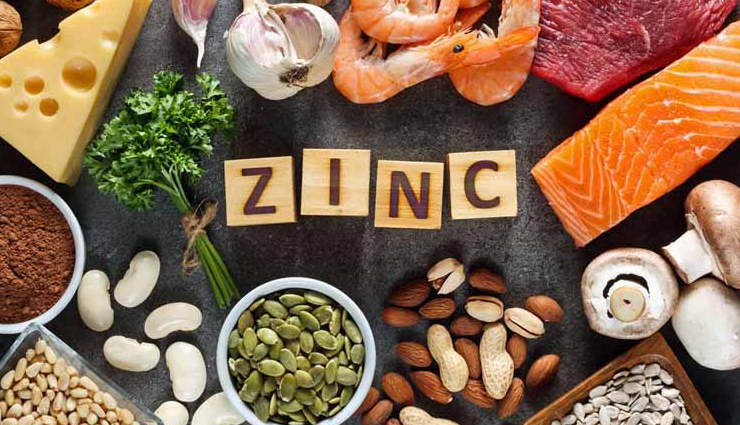
Maintaining a healthy lifestyle necessitates incorporating zinc-rich foods into your diet. Zinc, a crucial mineral, plays a pivotal role in supporting immune function and enzymatic processes within the body. Additionally, it serves as an antioxidant, mitigating cancer risk by counteracting free radicals. Facilitating collagen synthesis, zinc also aids in wound healing. Deficiency in zinc can lead to various issues such as hair loss, weakened immunity, and attention disorders.
This article delves into the advantages of consuming foods abundant in zinc, recommended daily intake, and strategies for enhancing zinc consumption. Let's explore further.
Why Zinc Matters?
It's essential to understand the significance of zinc before diving into its dietary sources.
Zinc, though a trace mineral, is distributed throughout the body's cells. Optimal immune function relies on adequate zinc levels, and interestingly, it contributes to the senses of taste and smell.
Zinc is integral to the synthesis of approximately 100 enzymes in the body, serving as an antioxidant to combat free radicals and lower the risk of cancer. Moreover, it supports blood production and fosters collagen synthesis, crucial for wound healing.
Notably, zinc is indispensable during pregnancy, infancy, and childhood for proper growth and development.
In essence, while zinc might be considered a minor mineral, its importance cannot be overstated. Neglecting adequate zinc levels could leave you susceptible to illness, emphasizing the critical nature of its inclusion in your diet.

# Oysters
In addition to being a good source of zinc, oysters are also packed with protein. What's even better is that they provide a protein boost without adding extra fat to your diet. Furthermore, they are rich in vitamin C, with just one serving fulfilling about 15 percent of your daily vitamin C requirement. Vitamin C is known for its immune-boosting properties, while protein contributes to muscle and cell health.
Incorporating oysters into your diet can be done in various ways. You can enjoy them broiled with herbs for a flavorful dish. Alternatively, raw oysters pair excellently with horseradish. However, it's essential to be cautious about their source as they are a common culprit for food poisoning.
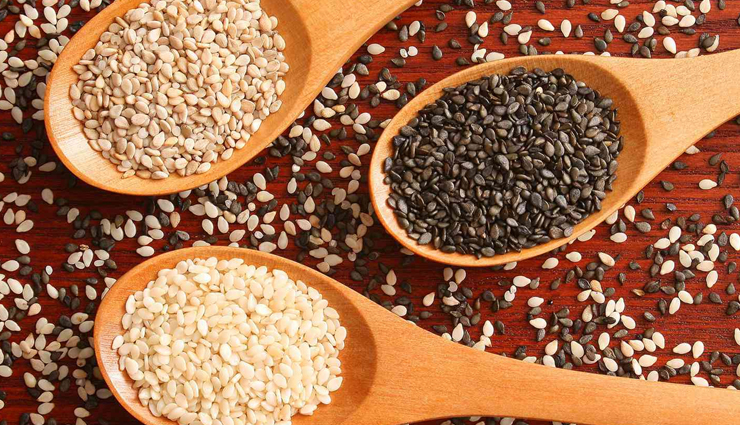
# Sesame Seeds
Sesame seeds offer an excellent reservoir of phytosterols, which are known for their cholesterol-lowering properties. Additionally, sesamin, another compound present in sesame seeds, aids in hormone regulation and contributes to overall well-being. Furthermore, these seeds are rich in protein.
Incorporating sesame seeds into your diet is simple. Substitute sesame seed butter for peanut butter on your toast for a nutritious twist. They also complement dishes like salmon or chicken exceptionally well, making them an ideal addition to homemade granola recipes.
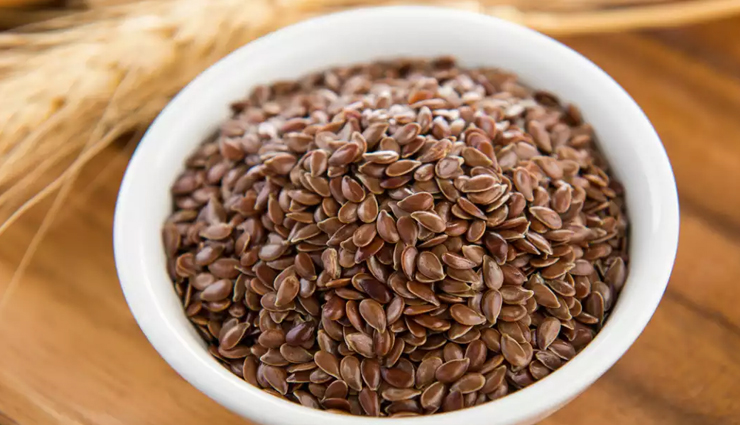
# Flax Seeds
Flax seeds boast an abundance of omega-3 fatty acids, essential for enhancing heart and brain health, among other benefits. Moreover, they contribute to the treatment of conditions such as arthritis and inflammatory bowel disease.
Integrating flax seeds into your diet is straightforward. Incorporate ground flax seeds into your breakfast smoothies or salads for an extra nutritional boost. Alternatively, sprinkle them over cooked vegetables to add a nutty flavor and additional health benefits.
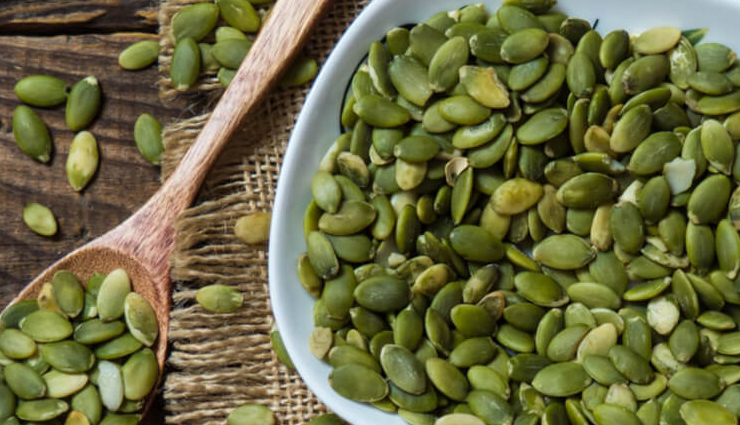
# Pumpkin Seeds
Pumpkin seeds contain phytoestrogens, which have been shown to enhance cholesterol levels in postmenopausal women. Additionally, these seeds are packed with antioxidants that promote overall health.
Incorporating pumpkin seeds into your diet is simple. Consider adding them to your bedtime salad, as this nighttime snack may also improve sleep quality.
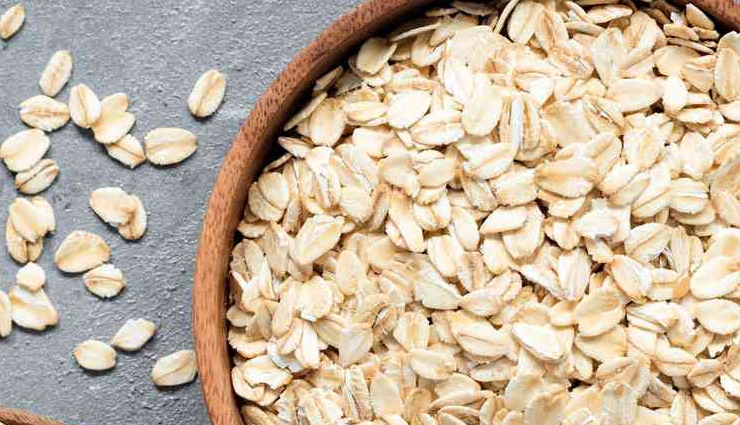
# Oats
Oats rank among the top choices for breakfast, in our opinion. Their standout nutrient is beta-glucan, a potent soluble fiber known for regulating cholesterol levels and fostering the growth of beneficial gut bacteria.
Incorporating whole grains like oats into your diet can also assist in managing blood sugar levels, a crucial consideration considering the global surge in diabetes cases.
To boost your zinc intake effortlessly, consider starting your day with oats as a breakfast option. Alternatively, you can enjoy oatmeal in the form of fortified cereal for added nutrition.
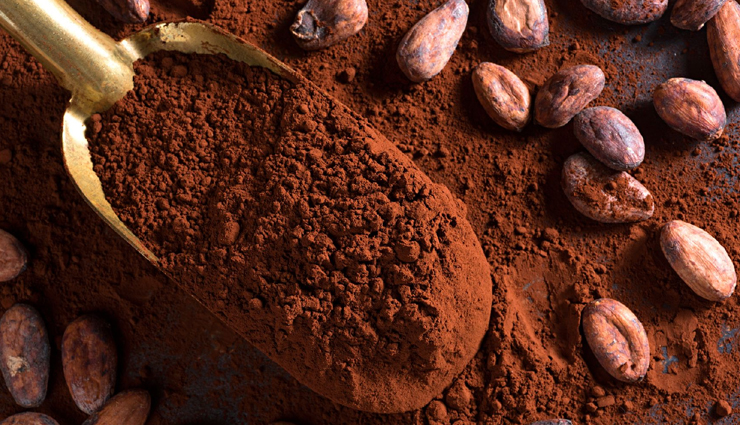
# Cocoa Powder
The presence of zinc in cocoa powder contributes to immune enhancement, and since it's a beloved treat for many (think indulgent dark chocolate), meeting your zinc requirements shouldn't be a challenge. Furthermore, cocoa powder is abundant in flavonoids, which also bolster immunity.
Incorporating cocoa powder into your diet is a breeze. Try mixing it into your coffee or tea for a delightful twist. Additionally, unsweetened cocoa powder can be used in gravy, protein shakes, or hot cereal for added flavor and nutritional benefits.
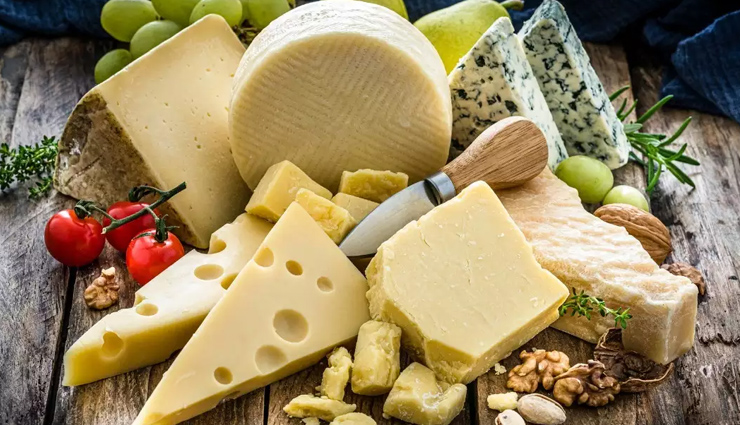
# Swiss Cheese
It's worth emphasizing that cheese serves as a nutritious source of calcium, essential for maintaining strong bones. Being an animal-derived product, Swiss cheese is classified as a complete protein, providing all the necessary amino acids required for protein synthesis.
Nevertheless, it's prudent to exercise moderation when consuming dairy products like Swiss cheese due to their saturated fat content, which may not be conducive to health when consumed excessively.
Incorporating Swiss cheese into your diet can be effortless. Consider adding a slice to your sandwich or bowl of soup for added flavor and nutrition. Alternatively, sprinkle shredded cheese onto your vegetable salad or enjoy it alongside scrambled eggs for a satisfying meal.

# Egg Yolk
Egg yolk is abundant in various nutrients, including vitamins A, D, E, and K, along with omega-3 fatty acids. Moreover, it's a valuable source of antioxidants like lutein and zeaxanthin, which support vision health.
Incorporating boiled egg yolk into your diet is a simple and nutritious choice. Consider adding it to your salad for an extra burst of flavor and nutritional benefits.
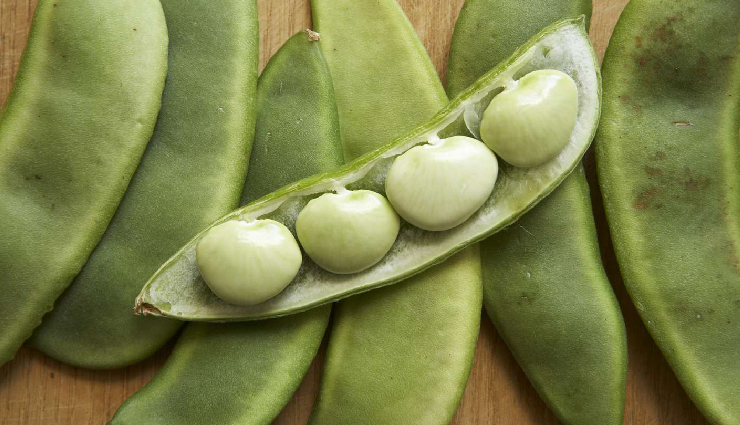
# Lima Beans
In addition to being a source of zinc, lima beans are abundant in folate, an essential nutrient vital for DNA synthesis and cell division. These beans also provide significant amounts of vitamins B1 and B6. Furthermore, the fiber present in lima beans offers protection to the colon, aiding in the prevention of digestive cancers. Additionally, it promotes feelings of satiety, which can facilitate healthy weight loss.
Incorporating dried lima beans into your diet is versatile. Consider adding them to your evening bowl of soup for a hearty meal. Alternatively, create a delicious combination by pairing lima beans with bacon and eggs, or serve them alongside pork chops for a satisfying dinner option.
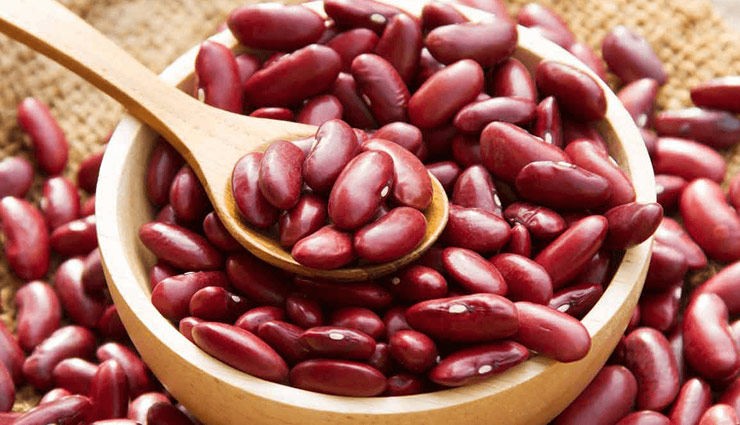
# Kidney Beans
In addition to aiding in achieving sufficient zinc intake, kidney beans also lower concentrations of C-reactive protein, a known instigator of inflammatory disorders. These beans also assist in managing blood sugar levels, thereby contributing to the treatment of diabetes.
Incorporating kidney beans into your diet is effortless. They can be easily added to your regular fruit or vegetable salad for added nutrition. Alternatively, enjoy canned beans as a healthy evening snack. They also serve as a nutritious addition to hearty soups or stews.





